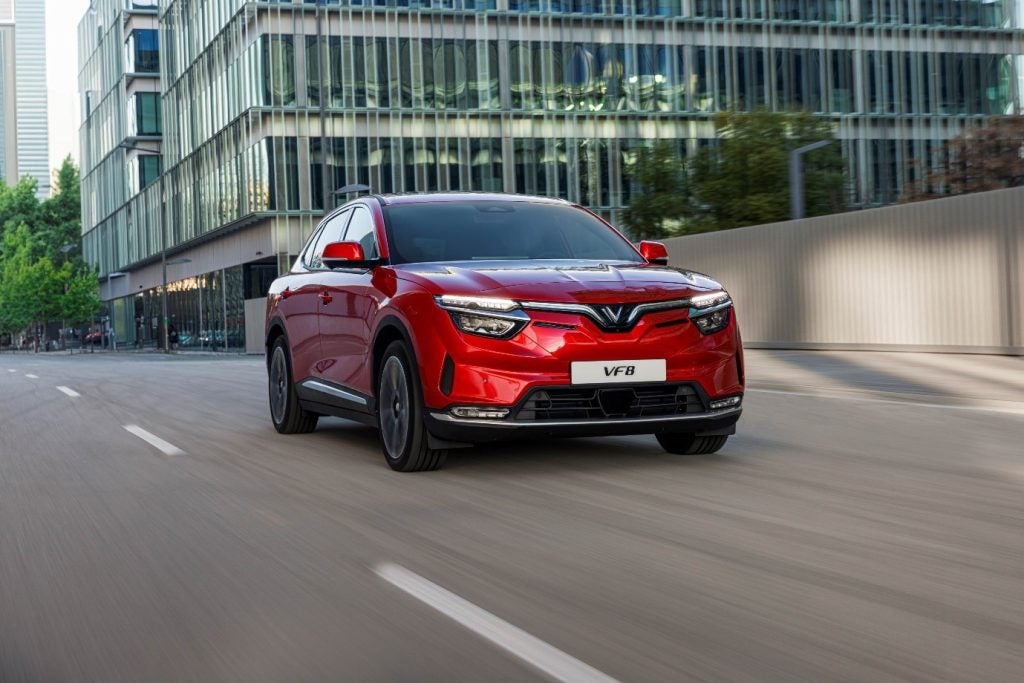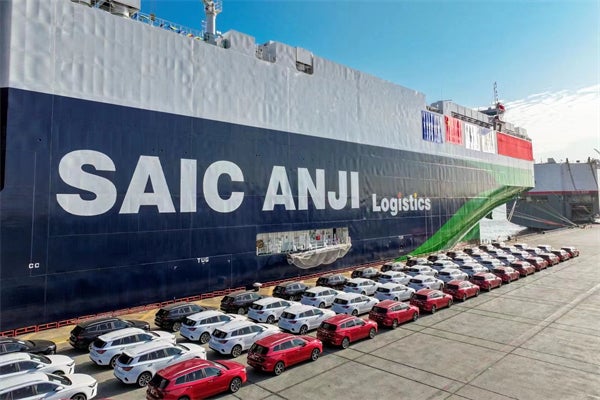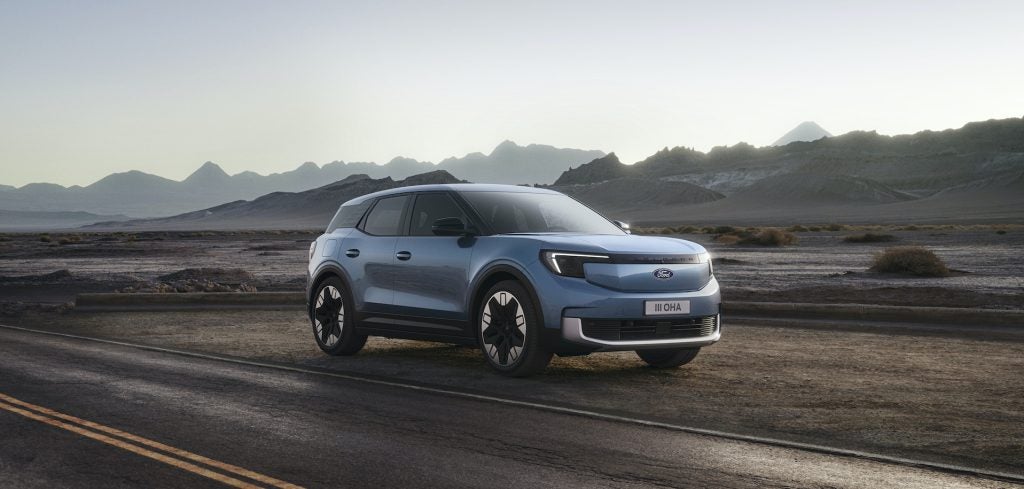
Bosch laid out its future roadmap this week during its annual press conference for Q1 2024, despite a subdued forecast that anticipated stagnating vehicle production and workforce cuts.
Among the group’s achievements last year, Bosch said it had filed more patents in Germany than any other company, including in the field of AI.
Included in its ambitions, Stefan Hartung, Chairman of the board of management said the firm wanted to achieve a competitive position among the top three suppliers in its key markets in all regions of the world.
While the company would need to restructure to keep pace with its peers in a competitive landscape, Mr Hartung said it was pursuing its strategy and “taking a multi-pronged approach: investing and divesting can be two sides of the same coin.”
Key items highlighted it its Q1 2024 conference included the news that it is launching around 30 production products for EVs, having estimated that 70% of all new cars in Europe will likely be pure electric by 2030.
For China and North America, Bosch said that figure would likely be 40% to 50%.
How well do you really know your competitors?
Access the most comprehensive Company Profiles on the market, powered by GlobalData. Save hours of research. Gain competitive edge.

Thank you!
Your download email will arrive shortly
Not ready to buy yet? Download a free sample
We are confident about the unique quality of our Company Profiles. However, we want you to make the most beneficial decision for your business, so we offer a free sample that you can download by submitting the below form
By GlobalDataHydrogen engine with Bosch tech on the road as early as this year
There was some good news for hydrogen as the firm said it could stick to its growth forecasts for this field, anticipating that by 2030 sales volumes in hydrogen technology would be worth €5 billion.
“The picture here is both dynamic and complex,” Mr Hartung said. Last year Bosch launched production of its fuel cell system in Germany and China.
“China will likely be leading the market for the time being,” he said. “We don’t expect to see major growth in Europe and North America until the next decade.”
A hydrogen engine with Bosch’s injection technology will be on the road in India as “early as this year”.
Mr Hartung said the firm was already working on five production orders from “well-known truck manufacturers” from all three of the world’s major economic regions.
By 2030 the market for Bosch hydrogen engine technology is expected to be worth almost €1 billion, though without infrastructure and large quantities of available hydrogen “this area is a non-starter,” he added.
This month the firm started building its first functioning prototype of an electrolysis system stack, which is due for market launch next year. It is nearly ready for volume production, with the prototypes already sent out to pilot customers.
Growth ambitions tempered by difficult environment
For 2024, Bosch says it is assuming its global economic output will grow by just 2.3%, which is lower than the previous year. Chief Financial OfficerMarkus Forschner said it was continuing to attach “great importance” to its financial performance and further development. “This is because we can’t expect any significant economic tailwinds for the time being.”
“We also expect vehicle production to stagnate [and] the mechanical engineering market to remain weak. There could be a slight improvement after 2 years of consumer restraints in the consumer goods market. We also expect our business to stabilise.”
On the whole, its business figures for this year’s first quarter show that 2024 “will be another challenging year.”
Mr Forschner concluded: “It is not our style to drastically cut back on the investment in future-oriented areas just so that we can quickly achieve target margins – however we still want to finance from our resources as far as possible, and that requires a higher level of profitability and financial strength: financial independence is highly valuable for Bosch.”







